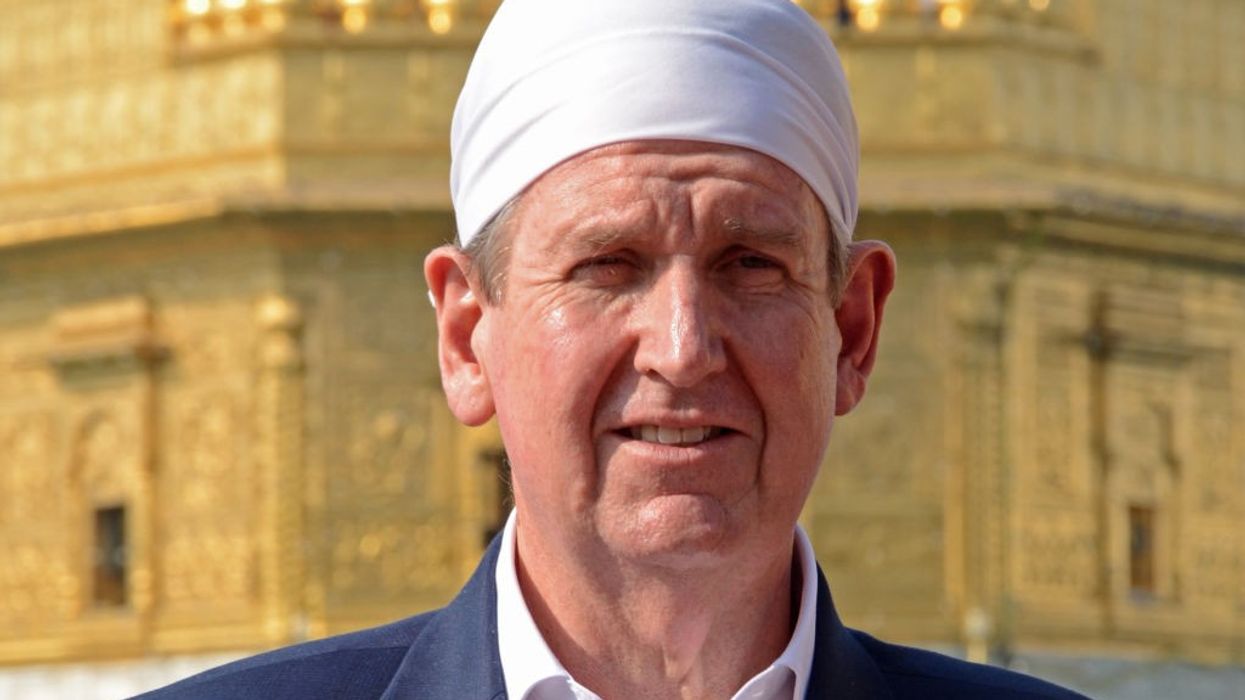Australia's High Commissioner to India Barry O' Farrell AO on Tuesday said that he was "saddened" by the alleged pro-Khalistani group's attack on Indians carrying the tricolour in their hands at Fed Square in Melbourne.
Taking to his official Twitter handle, he stated that Australia's commitment to peaceful protest does not extend to violence. The statement of Barry O' Farrell AO comes after men from an alleged pro-Khalistani group attacked Indians carrying the national flag in their hands on Sunday.
In the tweet, he noted that the incident has been reported soon after both nations celebrated diversity and unity on their respective national days.
"Saddened by these scenes so soon after Australia and India celebrate diversity and unity on their respective national days. Our commitment to peaceful protest does not extend to violence," he wrote on Twitter.
Barry O' Farrell AO wrote in response to Australia's Assistant Minister for Foreign Affairs Tim Watts, who has said that he was "appalled" to see the violence at Fed Square in Melbourne.
"I was appalled to see the violence at Fed Square in Melbourne on the weekend. People have the right to engage in peaceful protest in Australia, but there is no place for the violence or vandalism we've seen recently. Pleased @VictoriaPolice responded quickly & are investigating," Watts said in a tweet.
Earlier, taking to Twitter, The Australia Today has reported that "five people were sent to the hospital after the attack."
"Another video of #Khalistan goons running a mock in #Melbourne's Federation Square Five injured one in Hospital," it tweeted. The Indian group was seen running away from the scene while the Khalistani group continued to hit them. One individual was seen breaking an Indian flag and throwing it on the floor.
Meanwhile, Indian High Commissioner to Australia, Manpreet Vohra on Tuesday visited the Shri Shiva Vishnu Temple in Melbourne and condemned its "vandalization" by "pro-Khalistani elements." He also said that the "place of worship has always been revered by all communities and faiths."
Manpreet Vohra tweeted, "Visited the historic Shri Shiva Vishnu Temple in Melbourne, a place of worship that has always been revered by all communities and faiths. That makes its vandalization with hate-filled graffiti by pro-Khalistani elements even more condemnable. Confident that they will not succeed."
(ANI)




